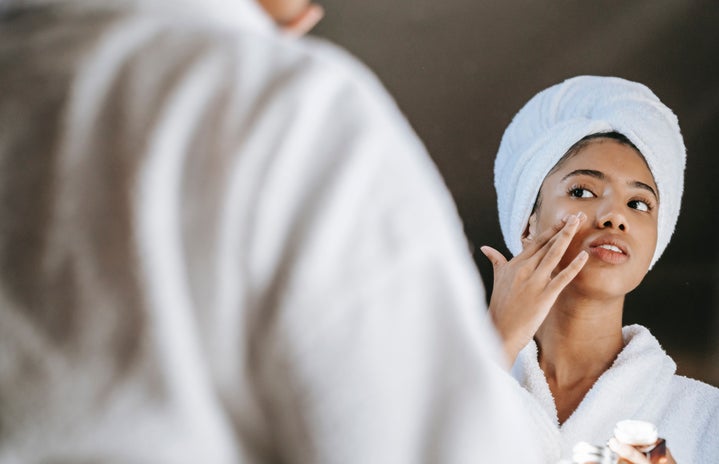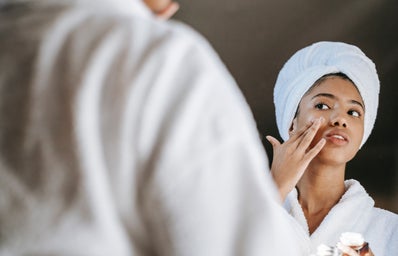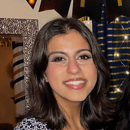Your hair looks better when it’s straight; you look better when your skin is lighter; your nose is too big, blah, blah, blah. Who decided this and why do we believe it?
This all comes down to the global emphasis on Eurocentric standards of beauty. These are when features that are associated with European people are promoted throughout society to support the belief that white is better. Some of the most common features emphasized in women may include having straight hair, light skin or small, up-turned noses.
These standards of beauty are both subtly and not-so-subtly enforced on us from a young age. For instance, the microaggressions that women of colour face, specifically black women when they wear their hair naturally or the generally more excited reaction when a woman straightens their curly hair. To some, this might not seem like a “big deal,” but these seemingly small actions can have a larger effect than one would realize. When women are told that they look better when they look less like themselves, it can result in them feeling less confident about their natural state.
In addition, many Asian countries have a multitude of skin whitening or bleaching creams, which are so well accepted in those societies that companies like Fair and Lovely are still making a profit. As someone who is of a lighter skin tone within my own ethnic community, I never faced any pressure to become lighter than I am. However, I could see how other people reacted to darker skin tones and I never understood why. Like most brown kids, when the summer rolls around, my skin tone changes, and I generally used to look darker as a kid. People would often say: “don’t play in the sun too long or else you’ll get too dark,” but I never listened. My parents always let me run around as much as I wanted, so I wasn’t too affected by this, but this didn’t change the fact that there were so many people who were concerned that someone who is lighter would want to be darker.
It’s pretty strange to think about yourself relative to the people around you and even more so when you don’t look like the ideal version of beauty. When friends, family or even a stranger calls you beautiful, you may not believe it. When you are so used to seeing or hearing that you aren’t beautiful, you may start to think that it’s true. This shows how Eurocentric beauty standards do more than just promote a certain image – they can result in self-esteem issues or even body dysmorphia. This can then result in women who think they were “undesirable” to either get really closed off to people or easily swoons when someone gives them a compliment.
This not okay! People preach how people of colour should “love themselves” but actively contribute to making them feel as if they should be “whiter.” I want to emphasize that everyone can feel insecure as there are so many things that we are told are better to fit a certain image. However, Eurocentric beauty standards stay relevant even as certain looks come “in” and “out” of style.
Although one may think that people of colour’s features are becoming increasingly accepted, this is often the effect of living in a certain community or the idea that ethnic features are acceptable when someone who’s white has them. Think lip fillers, the fox-eye “trend” and other procedures where people actively change themselves to look more ethnic.
Overall, the enforcement of Eurocentric beauty standards is basically just a modern form of racism hidden under backhanded compliments or slightly questionable remarks. Although we haven’t been able to escape these standards so far, surround yourself with uplifting people and remind yourself how beautiful you are!



